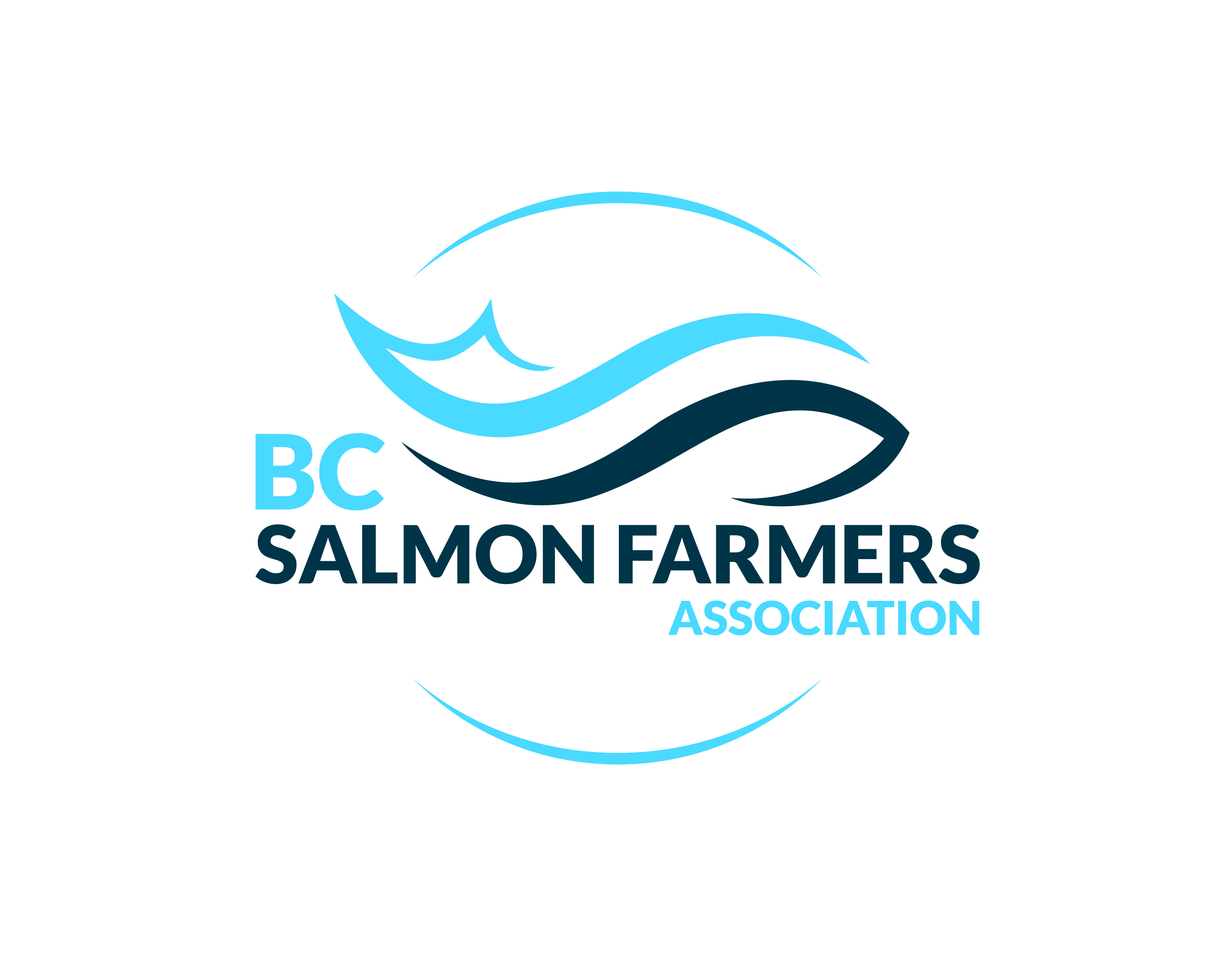Salmon Farming: First Nations as Partners
First Nation entrepreneur, James Walkus, owner of the multi-generation, family-run James Walkus Fishing Company, credits a large part of his success on his partnership with Marine Harvest Canada. Walkus, who started in the commercial fishing business, now uses his 105' harvest boat (the Amarissa Joye) to transport salmon from the farms to the processing plant in Port Hardy, located on the north-eastern coast of Vancouver Island. In fact, his partnership with Marine Harvest is so successful that he has plans to build a second vessel the same size as the Amarissa Joye to keep up with the demand of the growing aquaculture industry in British Columbia.
"It's been tremendous," said Walkus. "We have First Nations people from our reserve working on these boats. Plus many of them working at the plant, and some of them on the campsites tendering. It's absolutely great for our people."
78% of the salmon raised in the province of British Columbia is done so in partnership with First Nations. Collectively, salmon farming companies in the province currently have 19 economic and social partnerships with First Nations, and are working towards many more. The well-paying permanent jobs allow them to take care of their families, while staying in their traditional communities.
"To be able to come out here every day and be surrounded by the mountains, by the water, by the wildlife, by the fish that I'm raising right now and everything that I do to keep this site running, it feels good to know I'm doing a good job," said Damon Rampanen, Farm Technician, Cermaq Canada.
Stewart Hawthorn, Chair of the BC Salmon Farmers Association recognizes the importance of building these relationships as partnerships that are based on trust.
"It's about having those conversations, winning the trust of those communities, and showing that we can share benefits," said Hawthorn.
This year, for the first time ever, the BC Salmon Farmers Association was invited to hold its AGM in Tofino - home of Creative Salmon, as well as the traditional territory of the Tla-o-qui-aht First Nation. This was a great opportunity for First Nations and industry representatives to celebrate their partnerships together.
"Over 5 to 8 years we learned about Creative Salmon's fish farm practices," said Saya Masso, Natural Resources Manager, Tla-o-qui-aht First Nation. "Every condition we brought forward, Creative Salmon was willing to work with us on. It took awhile to get through all those points and realize we were on the same page."
Salmon farmers in British Columbia value these relationships and will continue to work with First Nations to develop mutually beneficial partnerships.

